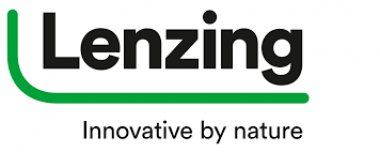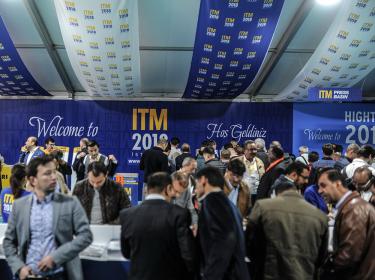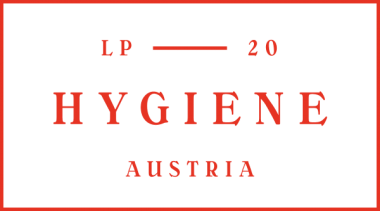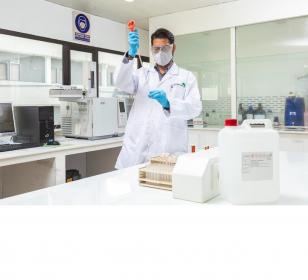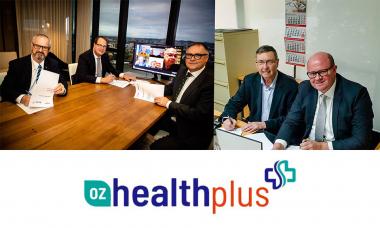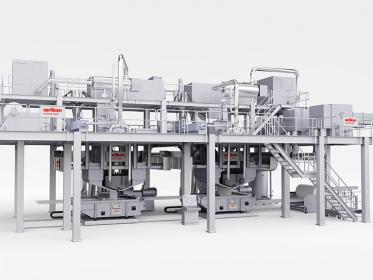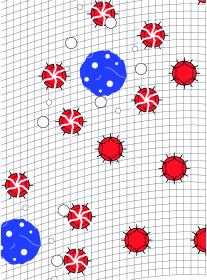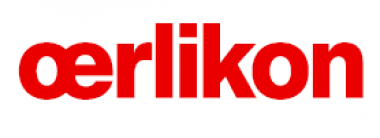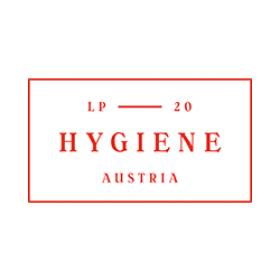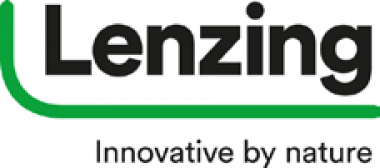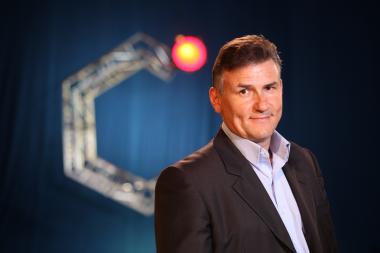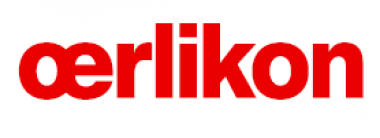COVID-19 impacts revenue and earnings of the Lenzing Group in the first half of 2020
- Fiber prices and demand under pressure
- Measures to protect employees, customers and suppliers and to keep plants operational implemented successfully
- Joint venture Hygiene Austria established for industrial production of protective masks in the fight against the COVID-19 pandemic – new distribution channel via shop.hygiene-austria.at
- Strategic investment projects progress according to plan – financing agreements for construction of pulp plant in Brazil concluded as planned
- Revenue and operating result in the remaining quarters of 2020 expected to exceed that of the second quarter
Lenzing – In the first half of 2020, the Lenzing Group faced a historically difficult market environment with increased pressure on prices and volumes resulting from the COVID-19 crisis. To counteract that, Lenzing intensified its cooperation with partners along the value chains and adjusted its production volumes and sales prices to market reality. The disciplined implementation of the sCore TEN corporate strategy and the focus on specialty fibers continued to have a positive impact.*
*Please read the attached document for more information
Lenzing Aktiengesellschaft


